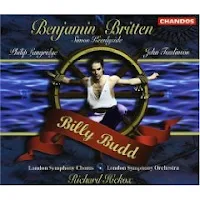John McIntyre on the cliche beat:
Two articles in this morning’s Baltimore Sun reach for the same cliche with reference to the late Sen. Edward M. Kennedy:
BOSTON — In an extraordinary outpouring of public emotion, thousands of people in Massachusetts solemnly lined highways, overpasses and city streets Thursday to pay their last respects to Sen. Edward Kennedy, the last patriarch of America’s most storied political dynasty.
And:
And with the loss of Sen. Edward M. Kennedy, D-Mass., and his storied ability to eke out bipartisan compromises, lawmakers are eyeing those consensus proposals. ...
The advice sometimes given to aspiring writers that they should avoid adjectives is like a fad diet — Atkins or South Beach — that rules out a whole class of foods. But it is true that some adjectives are empty calories, and storied is surely one of them. Like prestigious and legendary, two other adjectives that crop up in the work of unimaginative writers, it says merely, “I’m writing an important story about somebody you should have heard of.”
Of course, the first example is constructed almost completely from prefabricated material. Extraordinary outpouring of public emotion turns up whenever a crowd gathers, especially if they are outdoors to pay their last respects. And if this storied figure is also a patriarch, then he must be part of a dynasty.
It pretty much writes itself.
The other article — after revealing that Mr. Kennedy was a Democrat from Massachusetts — refers to his storied ability to eke out compromises. The phrasal verb to eke out, which originally meant to supplement by meager increments or to stretch out a small supply, has come to mean to accomplish with great difficulty, and no one has any business insisting on the older sense. But I thought that compromises were hammered out in the smithy of the Congress.
Sometimes the writer reaches for the wrong cliche. But eyeing, at least, is pure journalese.
 The Curious Case of Benjamin Button
The Curious Case of Benjamin Button